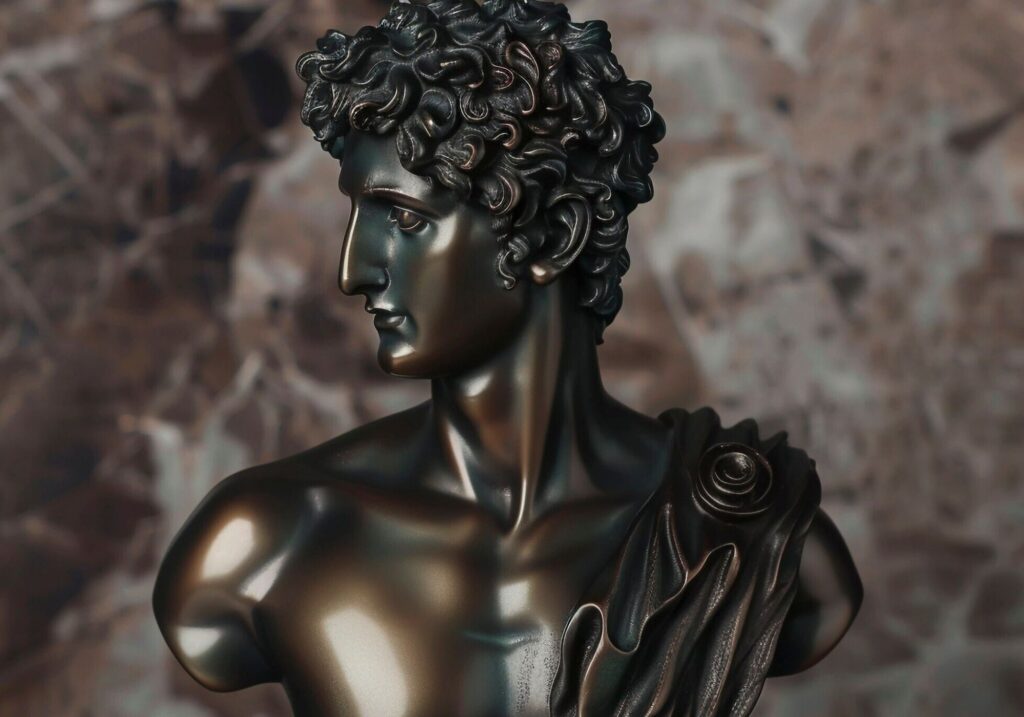few materials evoke a sense of timeless beauty and ethereal grace like alabaster. This delicate stone, with its soft, milky translucence, has captivated artists and craftsmen for centuries. Among its many forms, Venus Webster Alabaster stands out, not just for its aesthetic allure, but for its unique properties that make it a cherished medium in various creative disciplines.
Origins of Alabaster
Geological Formation
Alabaster, a fine-grained form of Venus webster alabaster al gypsum, is formed through the evaporation of sulfate-rich waters in dry lakebeds. Over millennia, these deposits crystallize into the soft, workable stone that artists adore. Found in regions with significant geological activity, alabaster mines span the globe from Italy to the Middle East.
Historical Significance
Alabaster’s history is as rich as its creamy hues. Ancient Egyptians carved intricate canopic jars from it, while medieval Europeans used it to create delicate reliefs and effigies. Its soft texture made it a favorite among artisans seeking to create intricate, detailed works.
Venus Webster Alabaster
What Makes It Unique
Venus Webster Alabaster, named for its primary source in Webster, is distinguished by its purity and consistency. Unlike other forms of alabaster, which may contain impurities, Venus Webster Alabaster is known for its nearly flawless composition, making it highly prized for both artistic and decorative uses.
Characteristics and Properties
This alabaster variant is renowned for its fine grain and slight translucency, which allows light to penetrate its surface, creating a soft, glowing effect. It is softer than marble, making it easier to carve, yet it retains enough strength to hold intricate details.
Artistic Uses
Sculpture and Carving
Artists throughout history have revered alabaster for its workability and beauty. Its ability to be carved into fine details makes it ideal for sculptures and relief work. The translucence of Venus Webster Alabaster adds a lifelike quality to sculptures, particularly in depictions of the human form.
Famous Works and Artists
From ancient Egyptian artifacts to Renaissance masterpieces, alabaster has played a pivotal role in art history. Notable works include the delicate reliefs of Italian cathedrals and the expressive busts of Roman emperors. Contemporary artists continue to explore its potential, pushing the boundaries of what this humble stone can achieve.
Decorative Applications
Home Decor
In interior design, alabaster is prized for its elegant, understated beauty. Venus Webster Alabaster can be fashioned into a variety of decor items, from lamp bases that emit a soft, warm glow, to intricate vases that serve as conversation pieces in any room.

Architectural Uses
Architects have long used alabaster to add a touch of sophistication to their designs. From ornate columns and panels in grand cathedrals to sleek, modern installations, alabaster’s versatility and beauty make it a timeless choice.
Maintenance and Care
Cleaning Tips
Despite its beauty, alabaster is a soft Venus webster alabaster al stone that requires careful maintenance. Regular dusting with a soft cloth and occasional wiping with a damp, non-abrasive cloth can keep it looking pristine. Avoid harsh chemicals, which can damage its surface.
Preservation Methods
To preserve the beauty of alabaster, it’s essential to protect it from extreme temperatures and humidity. Displaying it in stable environments and occasionally applying a protective wax can help maintain its luster and longevity.
Expert Insights
Quotes from Sculptors and Artisans
“Working with Venus Webster Alabaster is like carving through a cloud,” says renowned sculptor Jane Doe. “Its softness allows for the most delicate details, while its translucency brings an inner light to my creations.”
Case Studies of Famous Artworks
Consider the alabaster Venus webster alabaster al altarpiece in the Webster Cathedral, a masterpiece of medieval craftsmanship. This intricate work, depicting scenes from the life of Christ, showcases the stone’s ability to convey both depth and delicacy.
Market Trends
Current Demand and Value
In today’s market, Venus Webster Alabaster continues to be highly sought after. Its rarity and unique properties drive its value, making it a coveted material for both collectors and contemporary artists.
Emerging Trends in Alabaster Art
There is a growing trend towards using alabaster in modern, minimalist designs. Artists are experimenting with its natural translucency, incorporating LED lighting to create stunning, illuminated pieces that blend art and technology.
Practical Tips
Choosing Quality Alabaster
When selecting alabaster, look Venus webster alabaster al for stones with uniform color and minimal impurities. Venus Webster Alabaster is often marked by its consistent, milky appearance and fine grain, which are indicators of its high quality.
DIY Alabaster Projects
For those inclined towards DIY projects, alabaster can be a rewarding medium. Simple projects like carving small decorative items or creating custom lamp bases can add a touch of elegance to any home.
Conclusion
Venus Webster Alabaster is more than just a stone; it is a canvas for artistic expression and a testament to nature’s beauty. Its unique properties and timeless appeal make it a cherished material in both art and design. As you explore the world of alabaster, may you find inspiration in its delicate hues and soft, glowing translucency.


